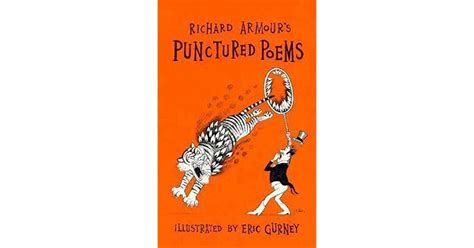A Quote by Charles Lamb
He has left off reading altogether, to the great improvement of his originality.
Quote Topics
Related Quotes
The young man who addresses himself in stern earnest to organizing his life-his habits, his associations, his reading, his study, his work-stands far more chance of rising to a position affording him opportunity to exercise his organizing abilities than the fellow who dawdles along without chart or compass, without plan or purpose, without self-improvement and self-discipline.
Wherein lies a poet's claim to originality? That he invents his incidents? No. That he was present when his episodes had their birth? No. That he was first to repeat them? No. None of these things has any value. He confers on them their only originality that has any value, and that is his way of telling them.
If a man were to look over the fence on one side of his garden and observe that the neighbor on his left had laid his garden path round a central lawn; and were to look over the fence on the other side of his garden and observe that the neighbor on his right had laid his path down the middle of the lawn, and were then to lay his own garden path diagonally from one corner to the other, that man's soul would be lost. Originality is only to be praised when not prefaced by the look to right and left.
Wherein lies a poet's claim to originality? That he invents his incidents? No. That he was present when his episodes had their birth? No. That he was first to repeat them? No. None of these things has any value. He confers on them their only originality that has any value, and that is his way of telling them." Mark Twain "...every literature, in its main lines, reflects the chief characteristics of the people for whom, and about whom, it is written.
When Christ was about to leave the world, He made His will. His soul He committed to His father; His body He bequeathed to Joseph to be decently interred; His clothes fell to the soldiers; His mother He left to the care of John; but what should He leave to His poor disciples that had left all for Him? Silver and gold He had none; but He left them that which was infinitely better, His peace.
I know not a better rule of reading the Scripture, than to read it through from beginning to end and when we have finished it once, to begin it again. We shall meet with many passages which we can make little improvement of, but not so many in the second reading as in the first, and fewer in the third than in the second: provided we pray to him who has the keys to open our understandings, and to anoint our eyes with His spiritual ointment.



































